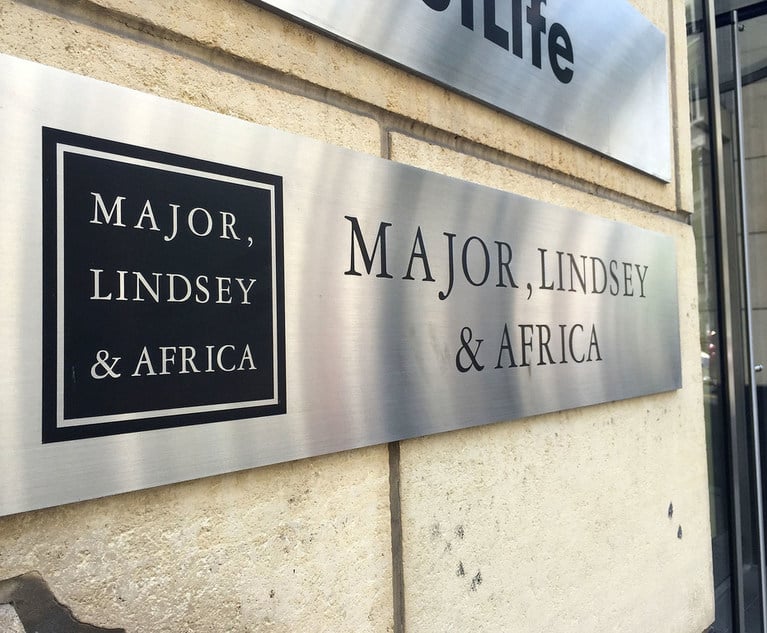Last week’s landmark Supreme Court decision striking down the affirmative action admissions policies at Harvard University and the University of North Carolina (“UNC”) undoubtedly will have a dramatic impact on higher education. The decision also will significantly impact corporate America, particularly during a time when criticism of DEI programs and “reverse discrimination” lawsuits already are on the rise. And while American businesses already have voiced concern about the impact that ending affirmative action in higher education will have on the diversity of their pipelines for employment, as reflected in the amicus briefs they submitted in support of Harvard and UNC, the decision does not mean the end of workplace Diversity, Equity and Inclusion (“DEI”) programs, including because the statutes and case law that govern college admissions differ from the law governing employment. Accordingly, for companies committed to retaining robust DEI programs, now is the time to review and reanalyze the programs, practices and initiatives in place to ensure they are legally compliant, while still advancing the goal of promoting diversity, equity and inclusion within America’s workforce.
Brief Background on SFFA v. Harvard and UNC


 Credit: freshidea / Adobe Stock
Credit: freshidea / Adobe Stock







